The year was 1993.
IBB was in the last stage of his 8 years rule. His tenure is almost coming to an end. The clamour for a new Government was high. His Structural Adjustment Policy has affected the livelihoods of many. The economy was failing, the Naira weakened and the inflation and debt profiles kept rising. There were fuel queues everywhere in the country. ASUU had just came back from a strike. The political atmosphere was tense.
The two major political parties were gearing up for primaries. Even though the Government favoured the SDP, no one knew what was going to happen in the primaries. The Commander in Chief hasn’t opted for a candidate, but it was clear he does not want one to win. Or at least the cabal in his Government don’t.
That was the tense atmosphere in which the National Convention of the party was to be conducted in Jos. One of the aspirants, Abiola, is a wealthy Yoruba politician. He’s travelled almost the whole length of the country campaigning.
Before that, he was a godfather. He has supported or played a prominent role in the past three changes of governments, including supporting and financing the 1983 coup which brought Buhari to power. His influence and network of politics date back to the second republic.
Yet there was one problem. Abiola, a southern Muslim wasn’t wanted by one section of the country. It required deals made with some of the power brokers in the north led by Shehu Yar’adua and co to see him coast to victory. It was agreed that he would pick one of them as his running mate, and he agreed.
Yet, immediately after the politician clinched the ticket, the story changed. Abiola reneged and picked his running mate, Babagana Kingibe a Kanuri Muslim from Borno.
This naturally annoyed the power brokers. But the task ahead was more important; the Military must not be around the government again. So they forged ahead. Atiku, one of the aspirants in the primaries, stayed behind. Abiola’s major opponent in the elections was a powerful businessman from the north, Bashir Tofa.
Jumping from one controversy to the other; the campaign trail blazed through the country. It was perhaps up until that moment, the most expensive campaign in history. With his network of media houses across the country; the message of ‘Hope’ was preached.
But the campaign wasn’t without allegations and rumours. From ties to drug cartels, corruption scandals or even rumours that the election won’t hold. It was alleged that a section of the country will rather scuttle the elections and install an interim government to be led by a General than hand over victory to Abiola. Even former Head of State Obasanjo, who was from the same zone as Abiola warned that “Abiola is not the Messiah that Nigerians are looking for”.
Yet, nothing could stop MKO. He was not named the Are Ona Kakanfo of Yorubaland (Chief Military Leader) for nothing. His generous donations and the building of mosques made him popular in parts of the country.
With his signature flowing Agbada, he moved across all states in the country supported by his son Kola, who played a vital role in mobilizing the youth, just like his wife Kudirat with the women. He criticized the Structural Adjustment policy of the Government, while his opponent supported it. At one point, his opponent was even said to be supported by the Government with a network of cabals who felt uncomfortable handing over the country to him. The fear of death lingered in the air. Yet the campaign finished on a strong note.
And then D-Day arrived.
Despite the strong campaign, the election remained unpredictable. No one knew what was going to happen. Despite the strong campaign, the election remained unpredictable. No one knew what was going to happen. It was perhaps one of the most important elections in the nation’s history. The apprehension was real. Voter turnout was low but the elections were termed credible by many International bodies. There were logistics and technical challenges, yet no serious violence was recorded.
But when the results start trickling in, the sign was clear. Abiola won in Borno, Niger, JIgawa, Benue and other states in the north, even though he was contesting against a northern candidate. He also won other Western States of Ogun, Oyo and Ondo.
Abiola was coasting to victory.
That was when the calls for the cancellation of the elections started. The opposition shouted foul. Yet, the writings on the wall were clear. He was the presumed winner of the 1993 Presidential elections.
The rest was history.
The year was 2022.
PMB was in the last stage of his 8-year presidency. His tenure is almost coming to an end. The clamour for a new Government was high. His Cash policy has dealt with livelihoods. The economy was failing, the Naira weakened and inflation and debt profile rising. There were fuel queues everywhere in the country. ASUU just came back from a long strike. The political atmosphere was tense.
The two major political parties were gearing up for primaries. Even though the Government favoured the APC, no one knew what was going to happen in the primaries. The Commander in Chief hasn’t opted for a candidate, but it was clear he does not want one to win. At least the cabal in his Government don’t.
That was the tense atmosphere in which the National Convention of the party in Jos to be chaired by the national chairman was to be conducted. One of the aspirants, Tinubu, is a wealthy Yoruba politician. He’s travelled almost the whole length of the country campaigning.
Before that, he was a godfather. He has supported or played a prominent role in the past two changes of governments, including supporting and financing the democratic coup of 2015 which brought Buhari to power. His influence is second to none, and his political network dates back to the third republic.
Yet there was one problem. Tinubu, a southern Muslim wasn’t wanted by one section of the country. It required deals made with some of the power brokers in the north led by Nasir El-Rufa’i and co to see him coast to victory. It was agreed that he would pick one of them as his running mate, and he agreed.
Yet, immediately after he clinched the ticket, the story changed. Tinubu reneged on the agreement and picked his running mate, Kashim Shatima, a Kanuri Muslim from Borno. It was a Muslim-Muslim ticket.
This naturally annoyed the power brokers. But the task ahead was more important; the PDP must not be near the governance again. So they forged ahead. Amaechi, one of the aspirants defeated in the primaries stayed behind.
Jumping from one controversy to the other; the campaign trail blazed through the country. It was perhaps up until that moment, the most expensive campaign in history. With his network of media houses across the country; the message of ‘Renewed Hope’ was preached.
But the campaign wasn’t without allegations and rumours. From ties to drug cartels, corruption scandals, there were even rumours that the election won’t hold. It was alleged that a section of the country will rather scuttle the elections and install an interim government to be led by a retired General than hand over victory to Tinubu. Even former Head of State Obasanjo, who was from the same zone even warned that Tinubu is not the “kind of leader Nigeria needs at the moment.”
Yet nothing could stop the Asiwaju. He was not named the Jagaban of Borguland for nothing. His generous donations and the building of mosques made him popular in parts of the country.
With his signature cap, the politician visited every state in the country. His son, Seyi, played a central role in mobilizing youth just like his wife Remi, did with women. He criticized the Cash swap policy of the Government, while his opponent supported it. At one point, his opponent was even rumoured to be supported by a network of cabals who felt uncomfortable handing over the country to him. The fear of death lingered in the air. Yet the campaign finished on a strong note.
And D-Day arrived.
Despite the strong campaign, the election remained unpredictable. No one knew what was going to happen. It was perhaps one of the most important elections in the nation’s history. The apprehension was real. Voter turnout was low and the elections were termed credible by ECOWAS and other International bodies. There were logistics and technical challenges, yet no serious violence was recorded.
But when the results start trickling in, the sign was clear. Tinubu won in Borno, Niger, Jigawa, Benue and other states in the north, even though he was contesting against a northern candidate. He also won other Western States of Ogun, Oyo and Ondo.
Tinubu was coasting to victory.
That was when the calls for the cancellation of the elections started. The opposition shouted foul. Yet, the writings on the wall were clear. He was declared the winner of the 2023 Presidential elections.
Whatever happens next, will be history one day.
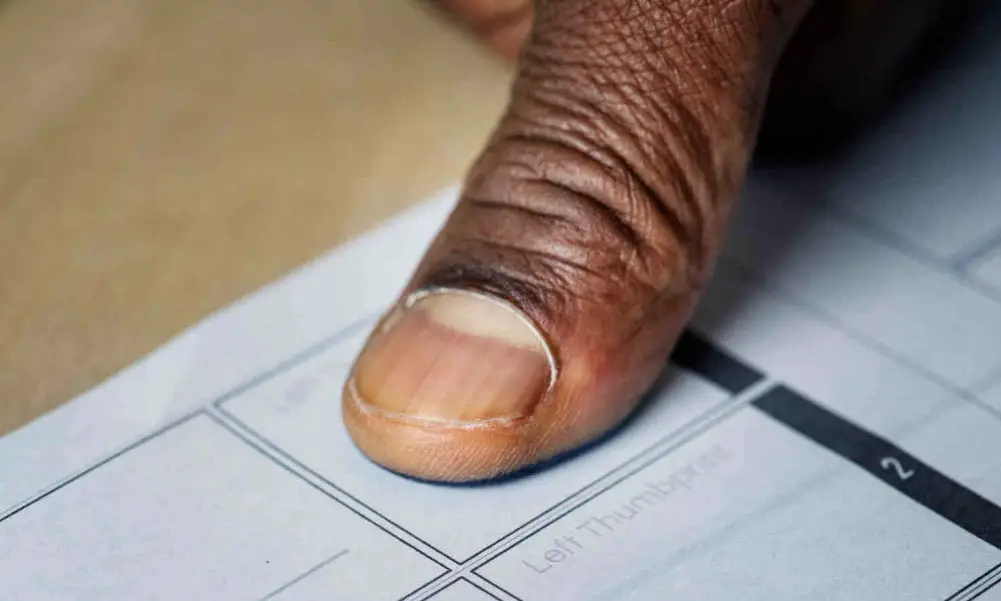

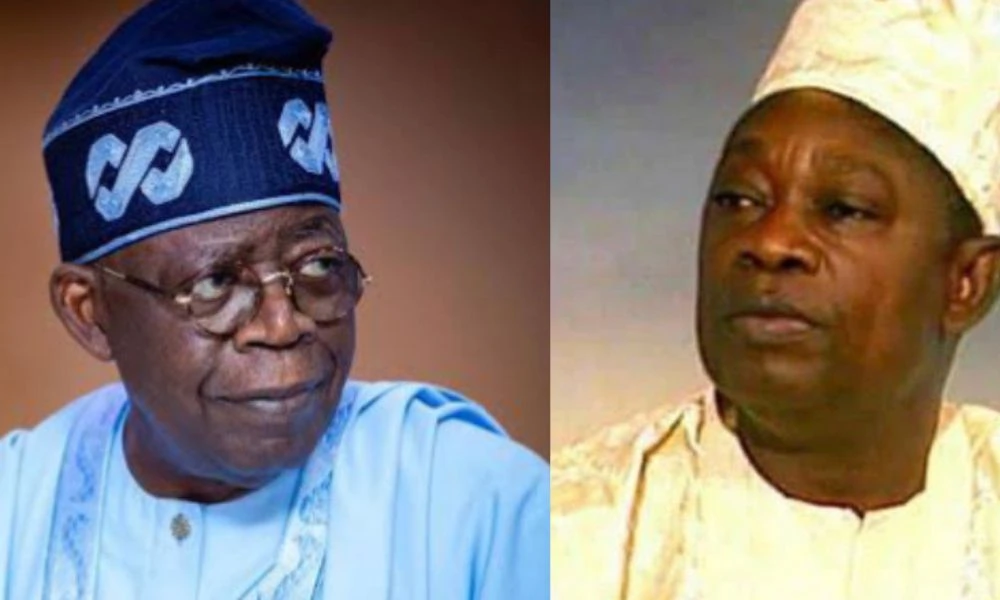
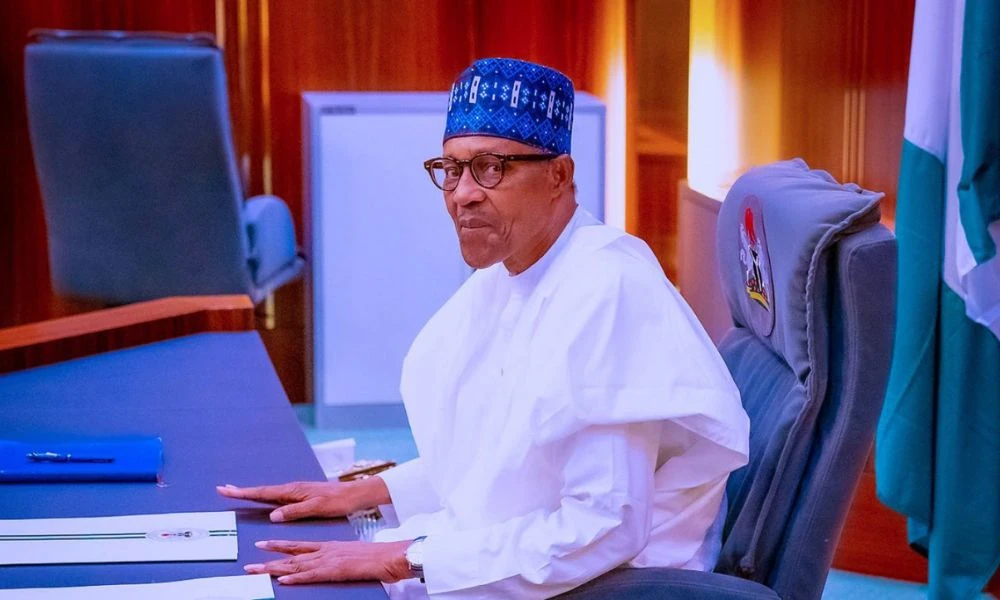
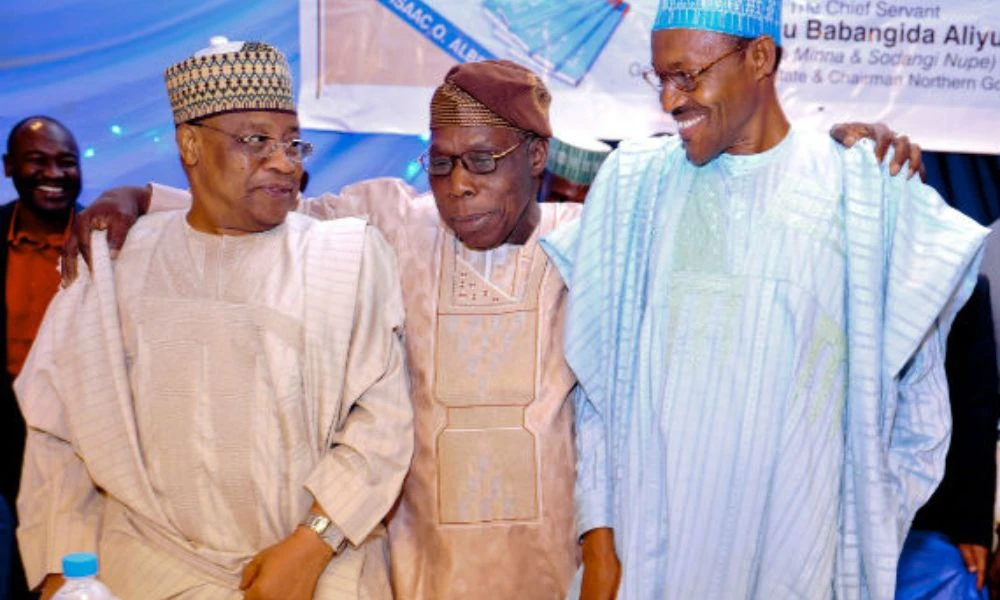
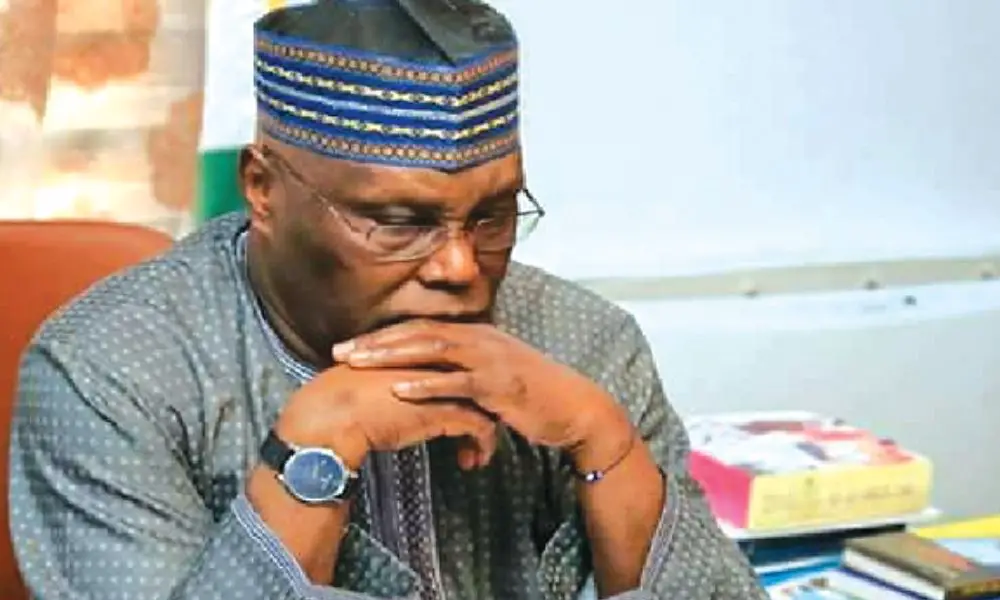



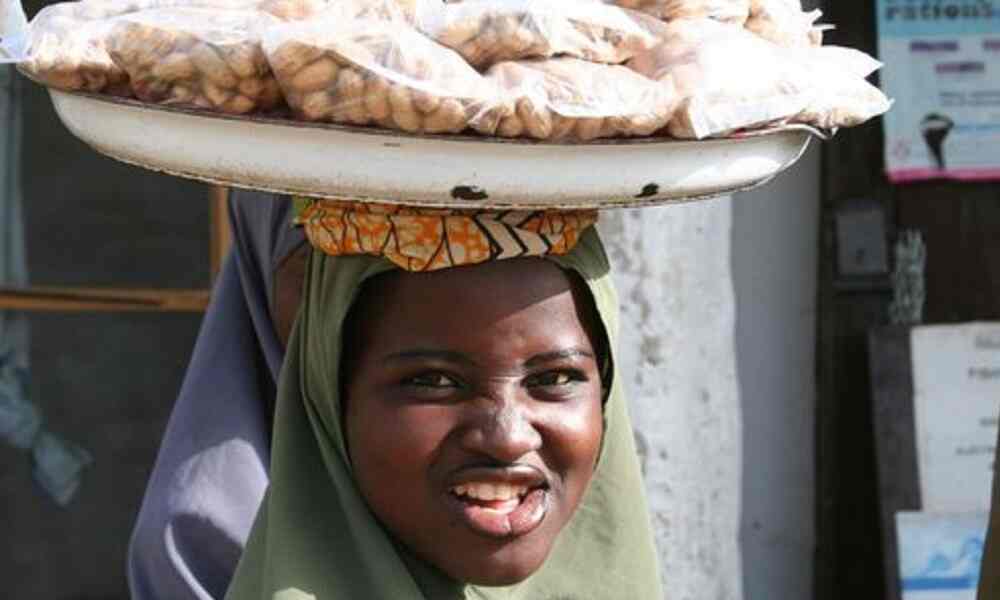
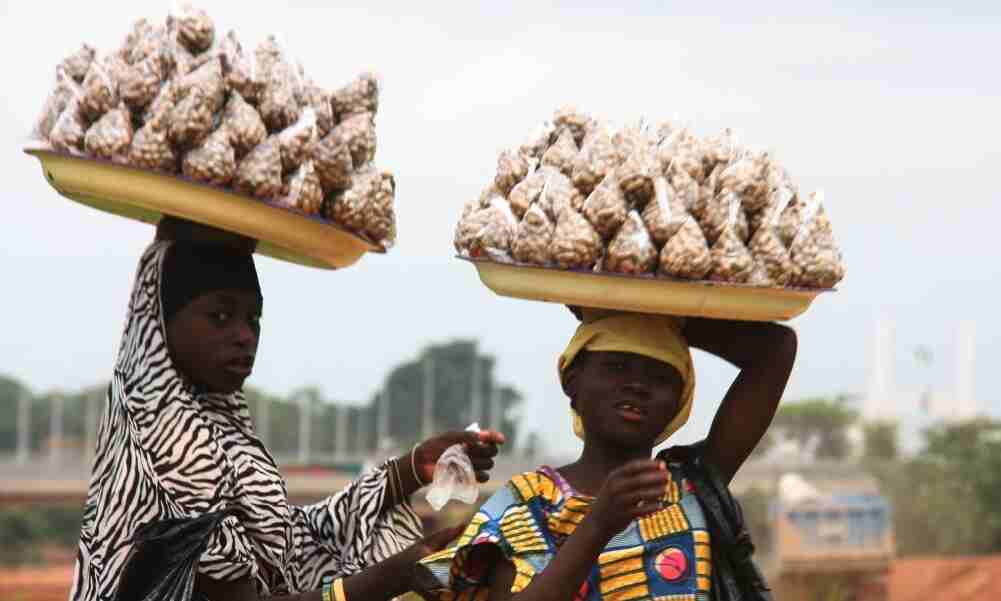
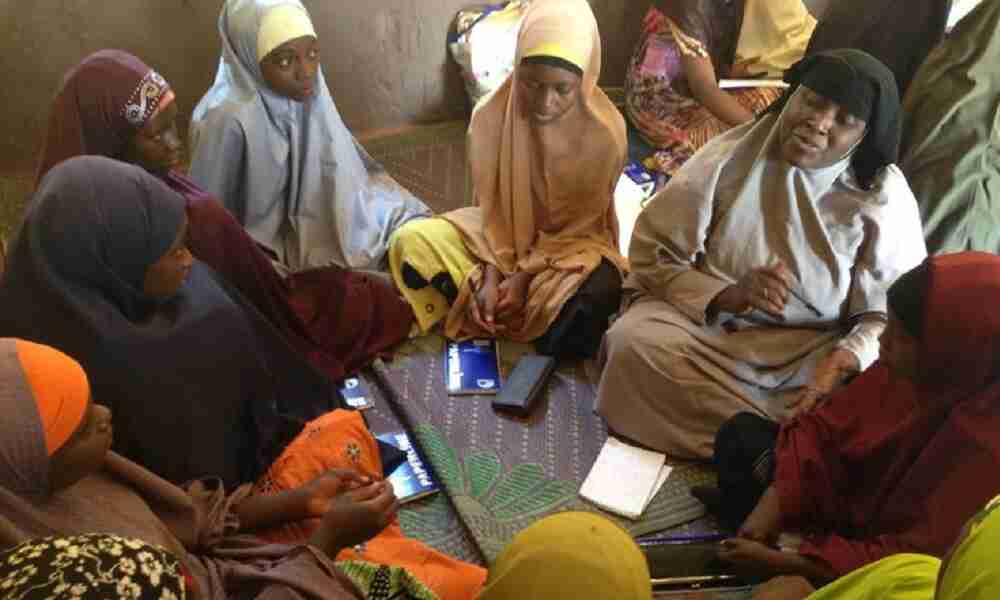
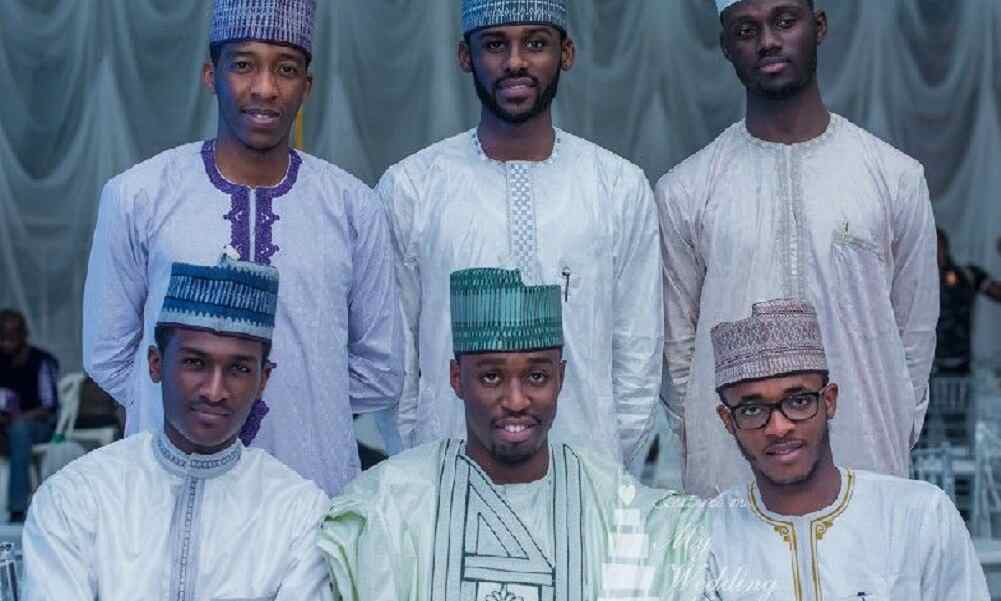

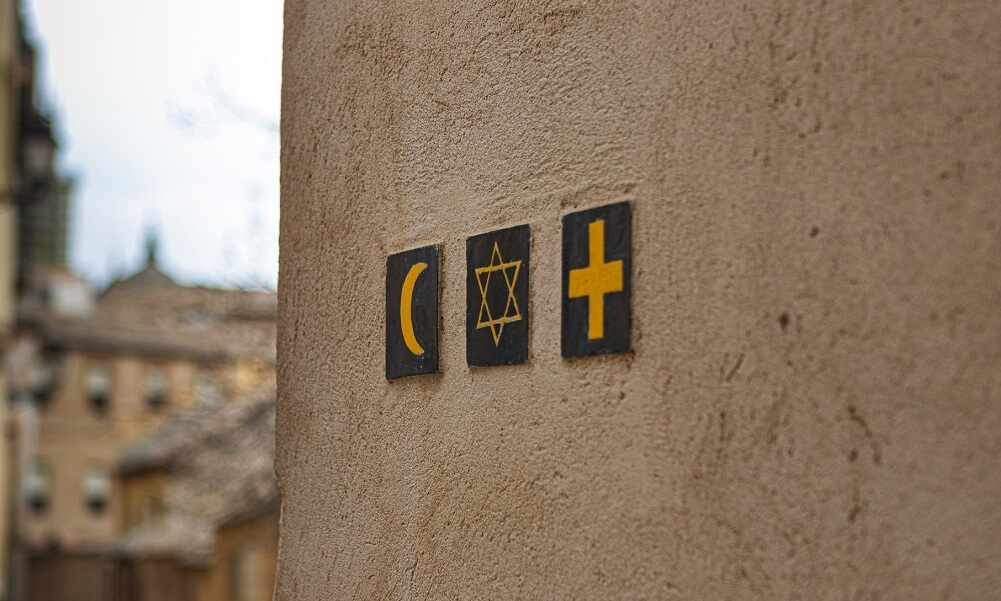
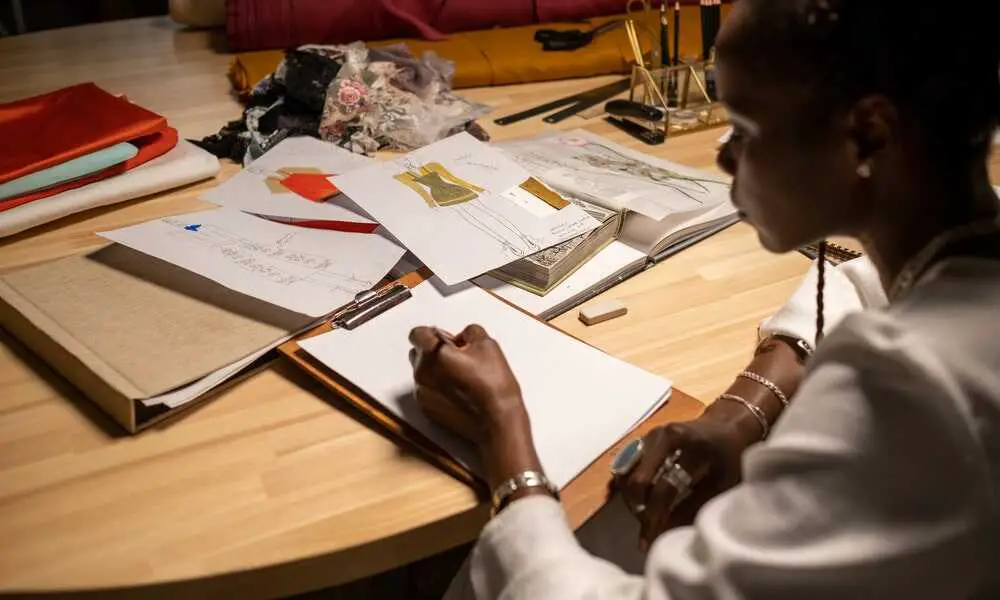

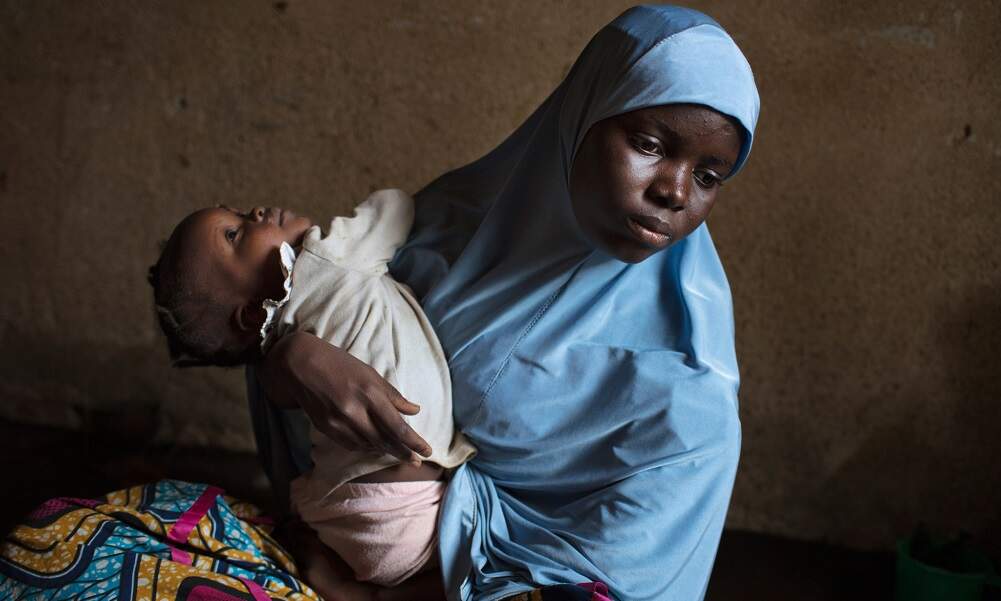
0 Comments